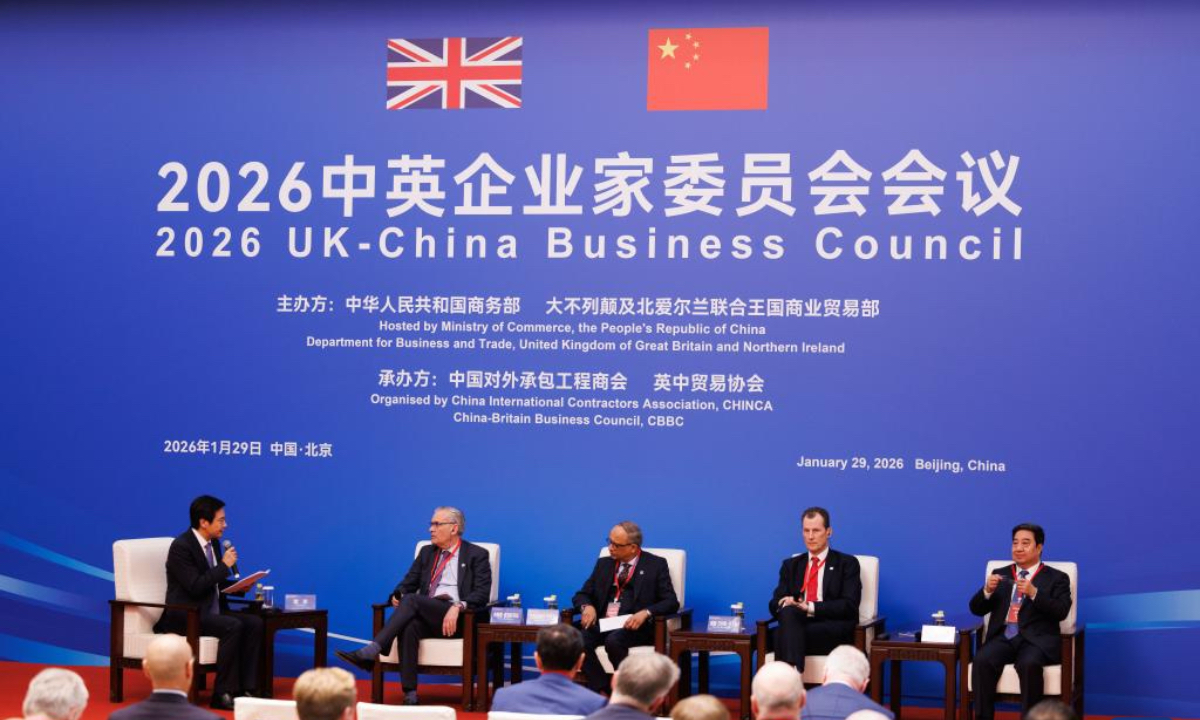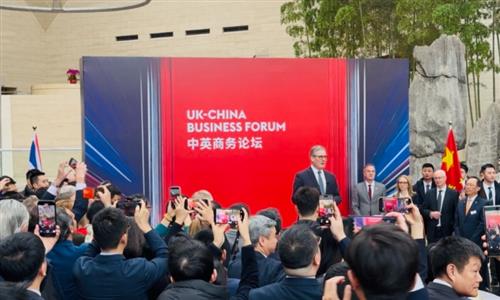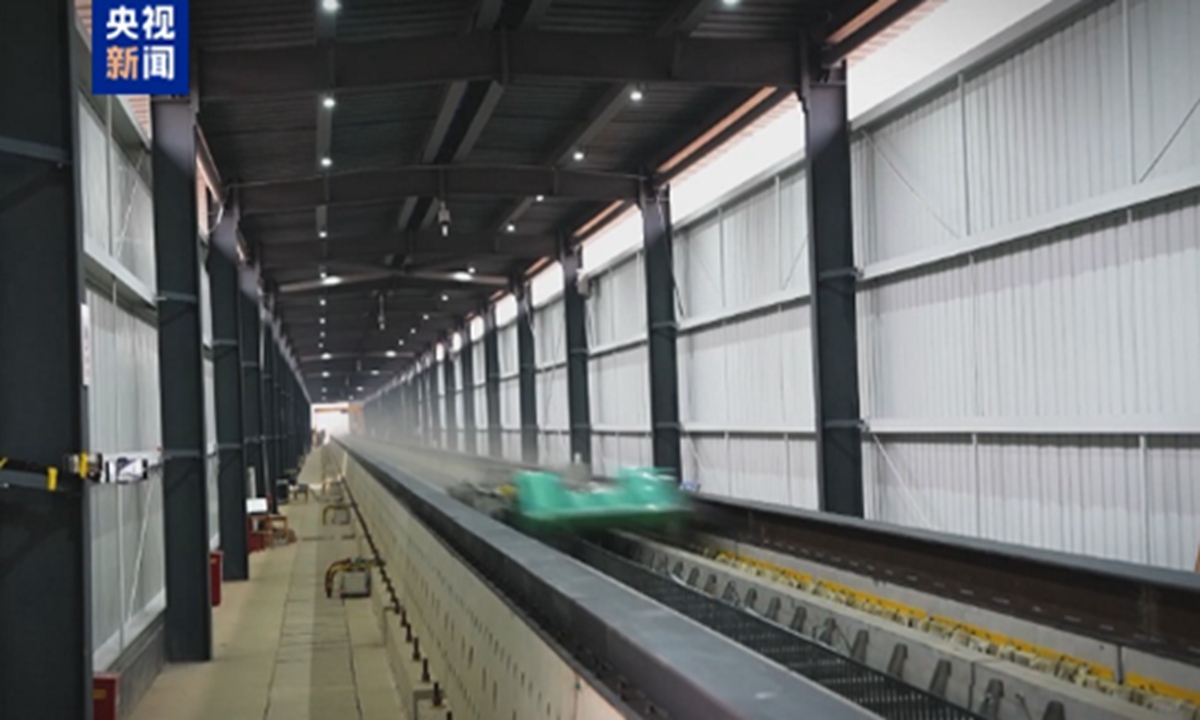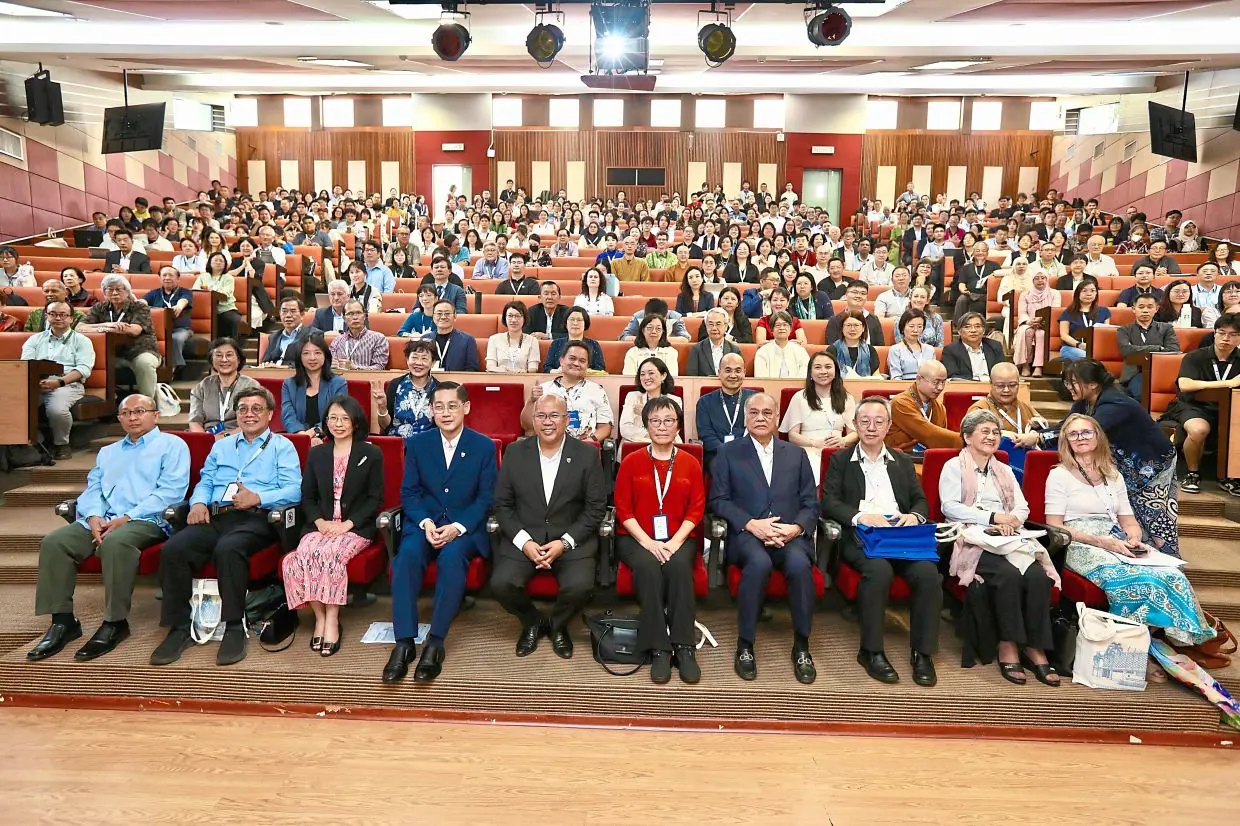Proton's e.Mas 7 electric vehicles at the company's plant in Tanjung Malim, Perak, Malaysia. -- PHOTO: BLOOMBERGIT’S an exciting time to be in Tanjung Malim, a town in Perak, which is actually nearer to Kuala Lumpur than Ipoh as it is only 70 km north of Kuala Lumpur and 120 km south of Ipoh.
Once a sleepy town, which most motorists using the North-South Expressway would just pass by without entering, Tanjung Malim has become too important to ignore.
It is now known as the Proton City, with commercial and residential activities, spread over 16 km and the home of the multi-million ringgit Proton manufacturing plant.
The national car, under the then Proton Holdings Bhd, was once near collapse as its losses ran into billions of ringgit over the years preceding 2016 due to high operating costs, declining market share and a lack of research and development.
But the change began when DRB-Hicom Bhd and China’s Zhejiang Geely Holding Group took over Proton in 2017.
and China’s Zhejiang Geely Holding Group took over Proton in 2017.
They transformed the struggling national car project into a profitable entity on a growth trajectory, driven by advanced technology and improved models with increased market share.
Now, DRB-Hicom and Geely are taking Tanjung Malim to a new level with the creation of the Automotive High Tech Valley (AHTV) as its global strategic hub – the first outside China.
Both have signed a master collaboration agreement that sets forth the principles, framework and mutual commitment for AHTV.
Total investment from Proton, Geely, DRB-Hicom and the future foreign direct investors is estimated at RM32bil over 10 years to develop AHTV into Malaysia’s right-hand-drive export hub, producing vehicles not only for Proton and other Geely brands but also other original equipment manufacturers.
The AHTV has been classified as a “high impact major project” under the 13th Malaysia Plan (2026 to 2030) with the aim of making Proton City an automotive hub for the Asean region.
The focus will not just be on production but also in the manufacturing of high technology components and parts for New Energy Vehicles as well as NxGV or Next Generation Vehicles.
Malaysians can expect many ground breaking events to take place in the coming years.
Last December, Proton’s new electric vehicle (EV) was launched by Prime Minister Datuk Seri Anwar Ibrahim with the first locally made Proton e.MAS 7 expected to be rolled out from the new Proton EV factory by November this year and to be followed by the more affordable e.MAS 5.
The ground breaking of the new RM82mil EV factory, which sits on a 2.25 ha site within the Proton complex, has a first phase initial capacity of 20,000 units per annum.
The concept of the AHTV has been created to propel Malaysia’s competitiveness in the automotive industry to improve competitiveness of local vendors through collaboration or joint-venture with overseas vendors.
The creation of the AHTV is in line with the National Automotive Policy 2020 and National Industry Master Plan 2030, National Energy Transition Roadmap and Low Carbon Mobility Blueprint.
Proton now plans to fully relocate from Shah Alam to Tanjung Malim by 2027.
DRB-Hicom group managing director Tan Sri Syed Faisal Albar Syed Ali Rethza Albar said: “The total Proton staff is around 8,000 with 4,000 each in Shah Alam and Tanjung Malim respectively but by 2027, Proton will relocate entirely to Tanjung Malim, save for some management staff.”
The expectation that over 8,000 workers will be based in Tanjung Malim along with their families will surely reshape the town.
The relocation will reduce operational costs, optimise efficiency and help to increase production capacity at the Tanjong Malim plant for greater economic scale.
This plant is not only a production site – it’s also seen as a strategic investment to advance green technology in the local automotive sector, creating over 3,000 jobs in Tanjung Malim.
As of 2024, about 20 vendors, both local and foreign, are operating there to support Proton’s manufacturing.
Proton is moving in the right partnership with Geely via the AHTV as the former wants to leverage on the advancement of the automotive industry in China through Geely with its high tech features, new energy vehicles and global premium brands under their wing such as Zeekr, Lynk and Co, Polestar and Smart, amongst others.
It’s a big deal that Geely has chosen Tanjung Malim as its Global Strategic Hub as the spillover impact would be tremendous, including developing public amenities for a growing population, gas pipeline for vendors, 5G connectivity for advanced manufacturers, new connectivity and possibly a railway hub for logistic support and a new North-South Expressway interchange to Tanjung Malim and, an expansion of Federal Route 1.
For the community in Tanjung Malim, a private English medium primary school has opened since March 2024 for the benefit of the expatriates and their families working there as well as a golf range and a bowling centre.
A private hospital, international school, technical training institute and hotel are in the development plans.
AHTV also wants to target top global vendors to set-up facilities in AHTV and to attract original equipment manufacturers (OEMs) there as a manufacturing hub for their own export markets.
All these are being planned and expected to be executed over the next six years.
From 2030 onwards, AHTV hopes to enhance research and development capabilities in Malaysia as well as to set up a national automotive testing centre, a vehicle testing centre and possibly an automotive museum.
Once fully developed, AHTV could potentially produce up to 500,000 vehicles annually, with 50% targeted for export. Component production is also projected to support one million vehicles by 2035.
For the long term, the development is projected to generate between 160,000 and 370,000 job opportunities, which will include the production of microchips and core component production in batteries, autonomous technologies and automotive artificial intelligence, cybersecurity, and advanced connectivity.
AHTV will shape the production of the national car to a new milestone as it was established to create an automotive system in Malaysia. It was not merely to produce the Proton cars but aims of a larger plan.
An ecosystem to manufacture a car is important, without which it will be difficult to assemble foreign cars in Malaysia.
At the same time, the multiplier effects on the economy must improve to benefit Malaysians at different levels.
But there has to be some reality checks too.
After many years of having a solid ecosystem, Malaysia’s total automotive exports is still low at 3% whereas Thailand is at 50% and Indonesia at 37%.
Yet, Malaysia is the biggest passenger car market in Asean and has the highest car ownership rate among Asean countries with 490 units per 1,000 population.
This is why DRB-Hicom, Proton and Geely want to build the AHTV; taking advantage of economies of scale from Proton and Geely’s influence in bringing global top-tier vendors to set-up shop there.
The intention is to create a vibrant hub for other OEMs to take advantage of the AHTV’s ecosystem which can naturally start with Geely producing their branded vehicles in Tanjung Malim.
Geely brands include Volvo, Zeekr, Lynk & Co, Geometry C, Radar, Emgrand, Smart, Farizon, London Electric Vehicle Company, Polestar and Lotus, among others.
In short, AHTV aims to increase its automobile production volume, export volume, upgrade local vendor capabilities in new technology areas and competitiveness while creating Malaysia as a new energy vehicle and NxGV hub for the benefit of Malaysia and the region.
As we celebrate Malaysia Day, we can certainly take pride that Proton, the national car, is in healthy shape with the support of its Chinese partner and is now poised to take the industry to a higher level.
By Datuk Seri Wong Chun Wai, a National Journalism Laureate and Bernama chairman. The views expressed here are the writer’s own.
 To better relations: Xi and Starmer shaking hands before their meeting at the Great Hall of the People in Beijing. — Pool/AFP
To better relations: Xi and Starmer shaking hands before their meeting at the Great Hall of the People in Beijing. — Pool/AFP








 Malaysian Prime Minister Anwar Ibrahim during a parade for Malaysian Independence Day celebrations last month in Putrajaya, Malaysia (Syaiful Redzuan/Anadolu via Getty Images
Malaysian Prime Minister Anwar Ibrahim during a parade for Malaysian Independence Day celebrations last month in Putrajaya, Malaysia (Syaiful Redzuan/Anadolu via Getty Images

